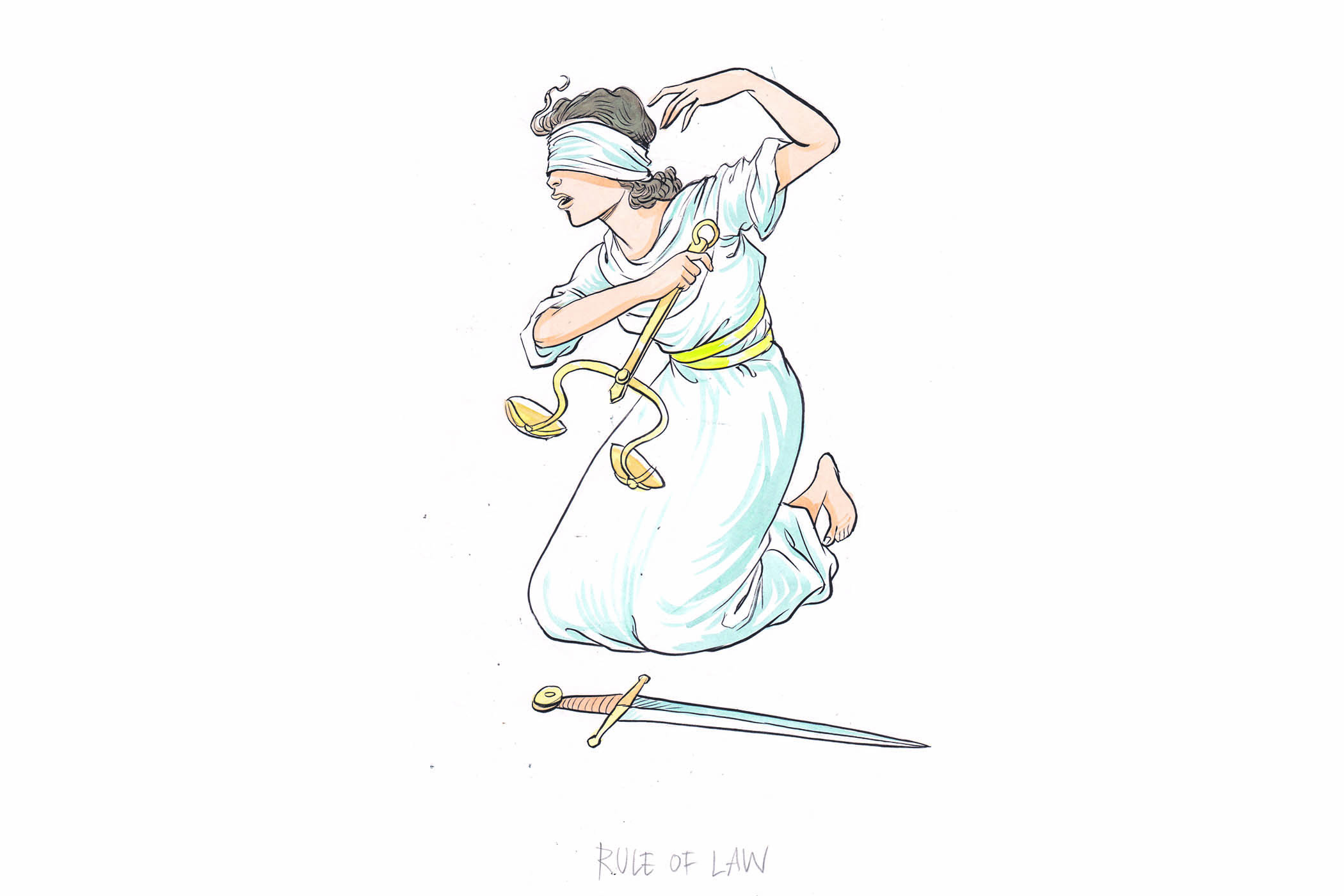The home secretary has sought to justify her decision to proscribe Palestine Action, claiming it would be “irresponsible” not to do so.
Writing in The Observer, Yvette Cooper claimed that the deeply controversial move was taken after she received “clear advice and intelligence” earlier this year that the group was behind an “escalating campaign involving not just sustained criminal damage, including to Britain’s national security infrastructure, but also intimidation, violence, weapons and serious injuries to individuals”.
The home secretary has also gone further than any cabinet minister to date in condemning what she called “crimes against humanity” happening in Gaza, insisting that the proscription does not prevent others from protesting against what is happening in Gaza, “and to claim otherwise is nonsense”.
More than 700 people have been arrested since the group was proscribed on 5 July, including 522 in central London during a protest last Saturday. So far, 10 people have been charged under Section 13 of the Terrorism Act, with the Metropolitan police saying on Friday night that a further 60 people would be prosecuted.
Facing a judicial review of her decision and a growing backlash that includes plans for another 1,000 people to be voluntarily arrested in protest at the ban, Cooper emphasised a number of individual instances of direct action taken by the group in the months leading up to the decision.
These included breaking into the RAF station at Brize Norton, vandalising “Jewish-owned businesses” in north London, using pyrotechnics in an attack on a factory in Glasgow and circulating an “underground manual” that encourages others to create new Palestine Action cells. “These are not the actions of a legitimate protest group,” Cooper concludes.
However, Huda Ammori, who co-founded the organisation and is the claimant in the judicial review of the proscription, accused Cooper of an effort to “save face”.
Also writing in The Observer, Ammori said: “It seems to me the government has resorted to a smear campaign. Rather than solely litigating the case in the courts, they’re also trying to litigate it in the media, where hard facts are swapped for soundbites.”
Ammori, 31, said she rejects the insinuation that Palestine Action was antisemitic, stressing that the group had targeted dozens of companies
“I believe the idea behind the government’s statements is to deliberately mislead the public and parliament, Ammori adds. “The group was banned due to ‘serious property damage for a political cause’, not because of racism or alleged violence against people.
“It is false to claim the organisation had violent intent against people. The home secretary’s own security assessments say the direct action group didn’t advocate violence or pose a threat to life.”
Later this year, Ammori will take a judicial review to the high court, arguing that the decision to proscribe Palestine Action – in effect, to ban it – was flawed.
Conventionally, the process through which an organisation can challenge proscription is first to apply to the government to “de-proscribe”; and second – if that request is turned down – to appeal to the Proscribed Organisations Appeal Commission (POAC).
When Palestine Action went to court to seek permission to bring its judicial review, the Home Office tried to steer it towards the POAC. But the court was told that the earliest an appeal might be heard there was mid-2026. The delay was one of the factors which persuaded the judge, Justice Martin Chamberlain, that the POAC “is not a suitable alternative remedy in the circumstances of this case”.
In her application for a judicial review, Ammori argued that the ban risked a chilling effect on protest more broadly and that it infringed the rights of members of the group to protest and to free speech. She also argued that the group should have been consulted prior to proscription.
Calling the latest defence of the ban “a huge political misstep” by Cooper, Ammori writes: “Her political career will be marked by the most draconian attack on our civil liberties in a generation.”
The protest group Defend Our Juries, which organised the demonstration on Parliament Square that led to 522 people being arrested, has confirmed plans to organise a protest involving 1,000 people voluntarily being arrested in an organised stunt to oppose proscription.
Photograph, Alamy/PA
Newsletters
Choose the newsletters you want to receive
View more
For information about how The Observer protects your data, read our Privacy Policy




